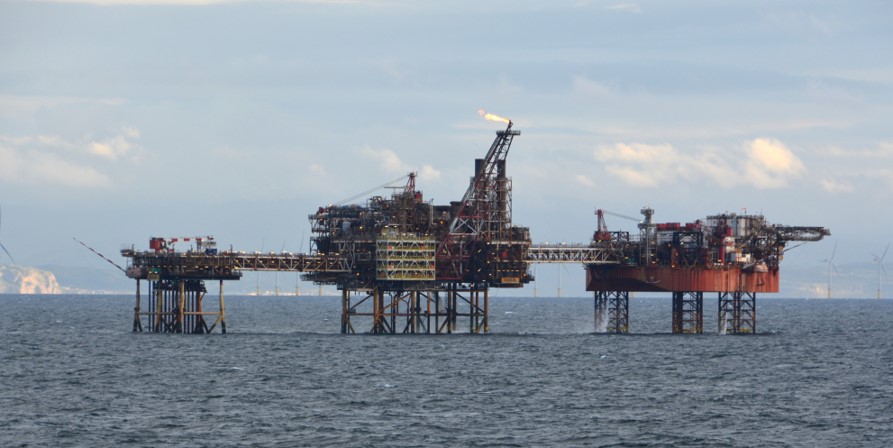In 2015, Total E&P Indonesie faced the complex task of decommissioning the Bekapai BK field. This project required meticulous planning, robust engineering, and a deep understanding of Indonesian regulatory frameworks. Partnering with RESL, Total E&P Indonesie successfully navigated these challenges, setting a benchmark for responsible and efficient decommissioning in the region.
The project encompassed a comprehensive range of activities, starting with a thorough review of Indonesian decommissioning laws, regulations, and permitting processes. This crucial first step laid the foundation for a compliant and streamlined project execution. As part of our standard cost estimating methodology, a robust Basis of Estimate Report was prepared. This document is the cornerstone for subsequent cost estimations, ensuring transparency and accuracy in financial planning.
RESL provided a detailed inventory of the Bekapai BK platform, pipelines, cables, and subsea equipment. This basis allowed the team to evaluate all feasible decommissioning methodologies, considering safety, environmental impact, and cost-effectiveness. This comprehensive assessment led to selecting the optimal approach for each asset, maximising efficiency and minimising risk. Recognising the importance of local expertise, the chosen decommissioning methodology prioritised the involvement of Indonesian companies. The design leveraged locally available equipment, fostering local capacity building and contributing to the Indonesian economy. This approach demonstrated our commitment to sustainable development and community engagement.
The project also addressed the critical aspect of disposal. RESL evaluated alternatives for the Bekapai BK platform, pipelines, and power cables, ensuring environmentally sound and compliant disposal practices. We paid special attention to customising decommissioning strategies for the BK pipeline, recognising its unique challenges. The thorough review of the complex permitting landscape allowed the RESL team to successfully navigate the submission and approval process.
This project exemplifies the RESL philosophy of “getting the basics right, ” combined with technical expertise and the power of prioritising local involvement and environmentally sound practices. This case study provides valuable insights for future regional decommissioning projects, showcasing best practices and highlighting the importance of collaborative partnerships.

